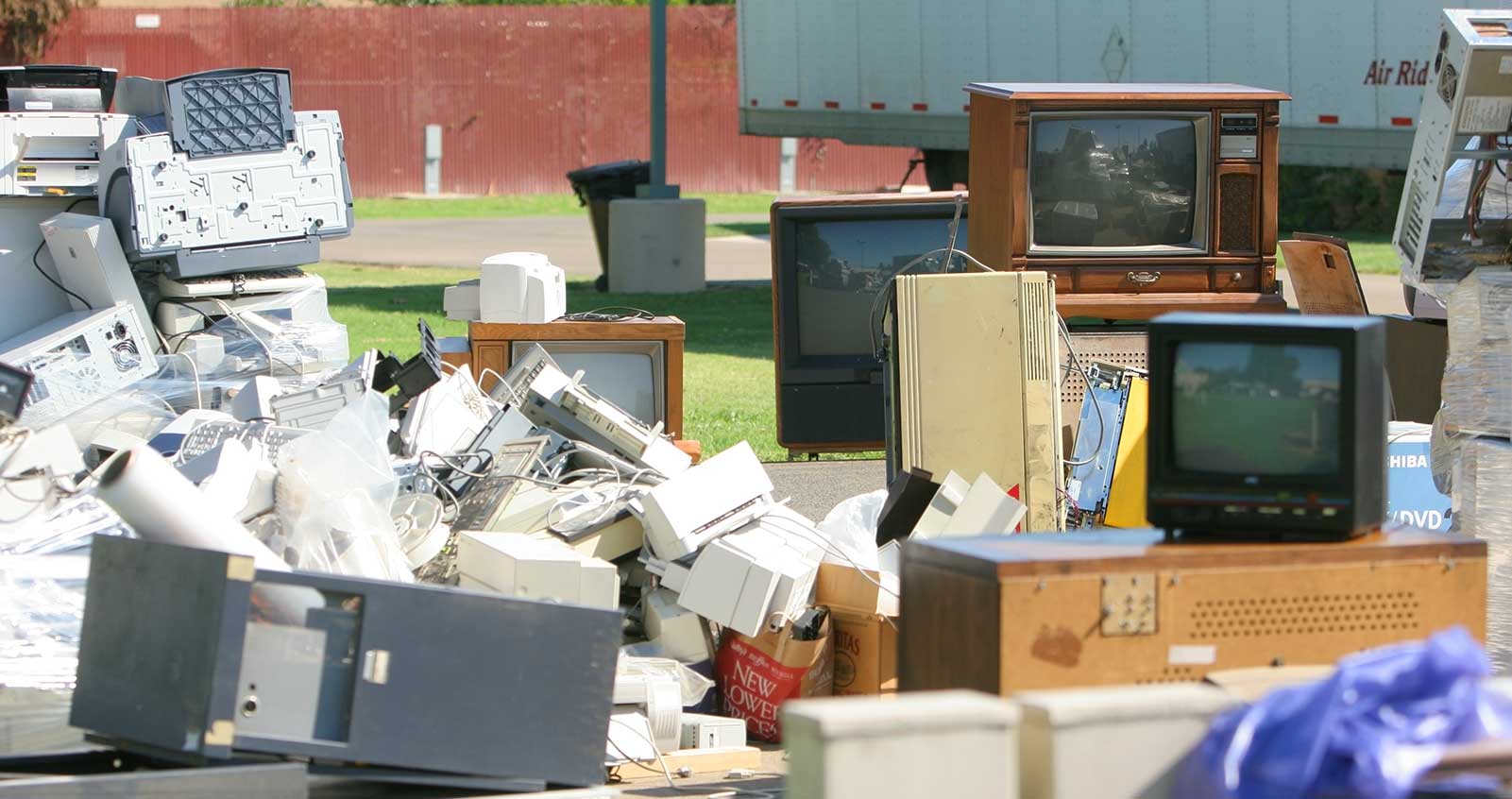Water Conservation in Office Environments
Posted on 30/08/2024
Water conservation is a critical issue that extends beyond residential use and public utilities. Businesses, particularly those housed in office environments, have a significant role to play in preserving this essential resource. Not only does water conservation contribute to environmental sustainability, but it also enhances a company's bottom line through reduced utility costs and fosters a culture of responsibility among employees. This article delves into various strategies and technologies that can help reduce water usage within office settings, ensuring that businesses remain both eco-friendly and cost-efficient.
Understanding the Importance of Water Conservation
Water is an indispensable resource that sustains life, supports ecosystems, and powers industries. However, water scarcity is becoming an increasingly pressing issue due to climate change, population growth, and excessive use. Offices might not seem like major water consumers at first glance, but mundane activities--like flushing toilets, washing hands, and maintaining landscaping--contribute to substantial water use.
Companies that adopt water conservation measures not only help mitigate the global water crisis but also set a positive example in corporate responsibility. Furthermore, adopting water-saving practices can significantly reduce operational costs, providing financial incentives for businesses to become more water-efficient.

Water-Saving Technologies for Office Environments
Low-Flow Fixtures
One of the most effective ways to reduce water consumption in office environments is through the installation of low-flow fixtures, such as toilets, faucets, and urinals. These fixtures are designed to use less water per use without compromising performance. Many modern low-flow fixtures can reduce water use by up to 50%, making them a cost-effective solution for businesses looking to cut down on their water bills.
Automatic Faucets and Sensor-Operated Systems
Automatic faucets and sensor-operated systems ensure that water is only used when necessary. These systems are equipped with motion sensors that detect the presence of hands, dispensing water only when needed. Sensor-operated systems are particularly useful in reducing water waste in bathrooms and kitchens, where manual faucets are often left running unintentionally.
Water-Efficient Landscaping
Outdoor landscaping can be a significant source of water consumption, particularly during the warmer months. Offices can reduce this usage by implementing water-efficient landscaping practices, such as xeriscaping, which involves using drought-resistant plants that require minimal watering. Additionally, installing drip irrigation systems can ensure that plants receive the precise amount of water they need, minimizing wastage.
Implementing Employee Engagement Programs
Technology alone is not enough to achieve meaningful water conservation; employee engagement is crucial. Businesses should invest in educational programs and initiatives that encourage employees to adopt water-saving habits.
Awareness Campaigns
Conducting awareness campaigns about the importance of water conservation and how individual actions can make a difference is a good starting point. Educational materials such as posters, newsletters, and emails can remind employees to turn off taps, report leaks, and use water responsibly.
Incentive Programs
Implementing incentive programs can effectively motivate employees to participate in water-saving initiatives. For instance, companies can introduce recognition programs or offer rewards for employees who consistently demonstrate water-efficient behaviors.
Workshops and Training
Hosting workshops and training sessions on water conservation can provide employees with practical tips and a deeper understanding of the issue. These sessions can cover topics such as detecting leaks, understanding water use metrics, and adopting best practices for water conservation.
Regular Maintenance and Inspection
Regular maintenance and inspection of water systems play a crucial role in minimizing water wastage. Leaks, drips, and other inefficiencies can lead to significant water loss if not promptly addressed.
Routine Inspections
Scheduling regular inspections of plumbing systems, fixtures, and appliances can help identify and rectify leaks or faults early. Maintenance staff should be trained to spot potential issues and take corrective actions immediately.
Upgrading Outdated Systems
Old and inefficient plumbing systems can be a major source of water wastage. Upgrading outdated systems with modern, water-efficient alternatives can result in substantial long-term savings and improved water conservation.
Water Usage Monitoring and Reporting
Implementing a system to monitor and report water usage can help businesses track their progress and identify areas for improvement.
Smart Water Meters
Smart water meters provide real-time data on water usage, enabling businesses to monitor consumption patterns and detect anomalies. This data can be used to pinpoint inefficiencies and take corrective actions promptly.
Water Audits
Conducting regular water audits can help businesses assess their water usage and identify opportunities for conservation. Water audits involve a thorough examination of all areas where water is used, providing a comprehensive understanding of where improvements can be made.

Adopting Sustainable Practices
Beyond technological advancements and employee engagement, adopting sustainable practices across various aspects of office operations can contribute to water conservation.
Paperless Initiatives
Reducing paper usage in the office indirectly contributes to water conservation. The paper manufacturing process consumes a significant amount of water, so transitioning to digital documentation and communication can have a positive impact.
Green Building Certifications
Seeking green building certifications, such as LEED (Leadership in Energy and Environmental Design), can encourage businesses to adopt comprehensive sustainability practices, including efficient water management. These certifications provide a framework for designing and operating environmentally responsible office spaces.
Conclusion
Water conservation in office environments is not just about being environmentally responsible; it's also a smart business strategy. By adopting a combination of water-saving technologies, fostering employee engagement, conducting regular maintenance, and monitoring water usage, businesses can achieve significant reductions in their water consumption. Implementing these measures not only contributes to global water conservation efforts but also enhances the company's reputation and bottom line. It's time for businesses to recognize the importance of water conservation and take proactive steps towards a sustainable future.




